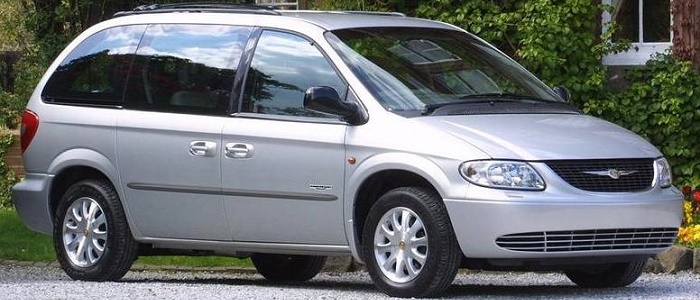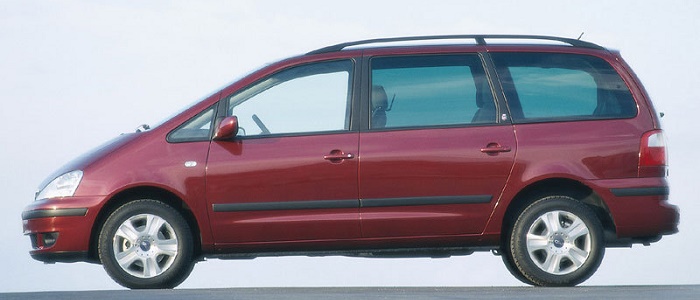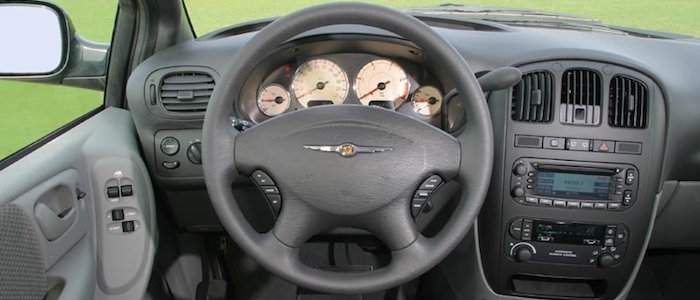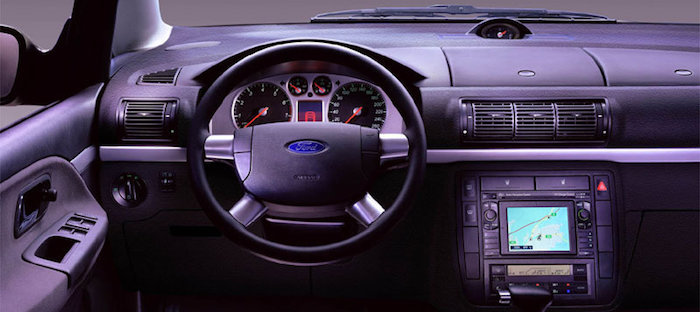Compare two cars
Compare any two cars and get our Virtual Adviser™ opinion
Marketing
Dimensons & Outlines
Engine
Performance (manual gearbox)
Performance (automatic gearbox)
Expenses
Virtual Adviser's™ opinion
Well, these are two pretty similar cars we have here! It's only details that could potentially make the difference. Considering they both belong to the mpv segment and utilize the same 5-door MPV body style and the front wheel drive system, it all comes up to the specific petrol engine choice they offer. The first one has a Chrysler-engineered powertrain under the hood, a 6-cylinder, 12-valves 180hp unit, while the other one gets its power and torque from a 6-cylinder, 24-valves 204hp engine designed by Volkswagen.
SafetyThe fact that the Chrysler got tested by the European New Car Assessment Programme (Euro NCAP), while the other contender didn't, doesn't actually do much for it, as it's still a lousy 2-star coffin on wheels. Moving further on, let's take a closer look at some additional safety-related facts. Both vehicles belong to the mpv segment, which is generally a good thing safety-wise, but that fact doesn't break the tie between the two cars. Furthermore, if we'd like to consider vehicle mass in this context too, which we definitely should, Voyager offers a considerable difference of 11% more metal.
ReliabilityReliability is not the best thing to consider on the make level, but it is worth mentioning that Ford is significantly less fault-prone, at least on all of the models level. These are the official statistics, while our visitors describe reliability of Chrysler, as well as Ford, with the same average rating of 4.4 out of 5. Independent research findings rank Voyager as average reliability-wise, and Galaxy is more or less at the same level.That apart, owners of different cars powered by the same engine as Voyager rank it on average as 3.0, while the one under the competitor's bonnet gets 4.5 out of 5.
Performance & Fuel economyFord is undoubtly more agile, reaching 100km/h in 2.7 seconds less than its competitor. In addition to that it accelerates all the way to 217 kilometers per hour, 38km/h more than the other car. When it comes to fuel economy an obvious choice would be Galaxy, averaging around 10.6 liters of fuel per 100 kilometers (27 mpg), in combined cycle. That's 20% difference compared to Voyager!
Verdict
Ford is apparently more reliable, not too much, but just enough. The most important thing when deciding between any two vehicles should always be safety, both passive and active. In my opinion, everything taken into account, Voyager offers significantly better overall protection, taking the lead here. From there things take a different direction, with Ford being considerably quicker, thus putting more smile on driver's face. To make things even better, it consumps less fuel! All together, there's not much more to say, in this case I wouldn't even consider anything but Ford. Nevertheless, let's not forget that people have different preferences and needs, so what really counts is your personal feel. I'm only here to help. Also, you could use the oportunity to find out which car, everything taken into account, would be the perfect choice for you in the eyes of the virtual adviser™, out of 12.000+ vehicles we currently have in our database.
































